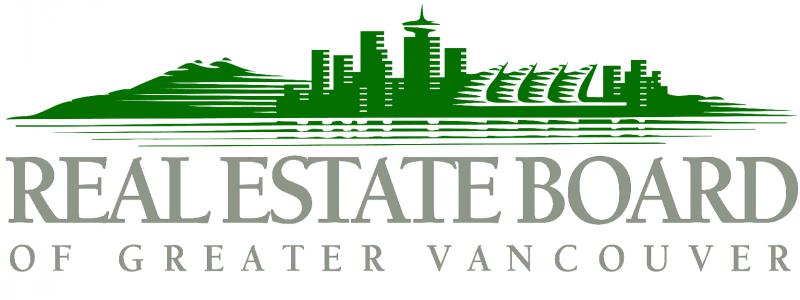What you should know about the Vancouver real estate market in the spring 2016.

Vancouver real estate market is a topic of conversation. It’s hard to turn on the news without hearing about a tear-down that’s been sold for three hundred thousand dollars over asking price or how the last few months were record breaking for local real estate.
Here are the trends I’ve noticed over the last couple of months:
The buyers demand seems to be cooling off as we head into the summer season.
Properties that used to receive 8-10 offers now receive 3-4 offers. Real Estate market activity usually goes though seasonal cycles. There are high activity seasons such as spring and fall, and lower activity seasons such as summer and winter.
A cool-off in real estate activity is natural as we enter summer season. But this could also be an early sign of over-all cool down of the hyper-active Vancouver real estate market. It is still too early to tell which one is it.
The prices are still remaining high and show no signs of going down.
Even though the buyers demand is cooling-off the real estate market still remains a very strong sellers’ market.
Real estate prices continue climbing up but perhaps not as fast as they did at the end of winter/early spring 2016. As we head into the summer season, we can anticipate real estate prices to slow down. More on this in my article – “Summer 2016 – Vancouver Real Estate Predictions”.
Inventory is still at the all time low.
We have seen a fifty percent drop in inventory from the previous years. This lack of available properties for sale is one of the most important components fuelling such strong seller market.
We can expect even less inventory being available for the upcoming summer season, which will balance out the lower buyer demand and continue current real estate climate.
In summery, Vancouver real estate market remains a very strong sellers market with roughly 3-4 buyers for every property for sale. Until we solve the demand issue in Vancouver or there is a major change effecting real estate market (ex. increase in the interests rates) we will continue seeing a version of the current market climate for the foreseeable future.
NOTE: This article represents my personal opinion. Do your own independent research before taking any actions.


